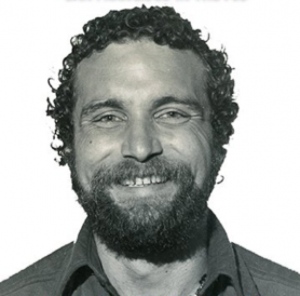
Before leaving for San Francisco in the early 1970s, I had been involved in the Civil Rights struggles in the South and protested against a senseless war in Vietnam, and I was about to find out that gay men in San Francisco were changing the way America thought about sex. For me, being made love to on a San Francisco waterbed by a naked man of staggering good looks opened me to life. Arriving in 1971, I was a bright Ivy League graduate and a father. My first boyfriend, Clay Grillo, seduced me with the city’s beauty and wonders. He didn’t change who I was, he changed what I was as a person.
I wish every gay man could have the experience I had in San Francisco. Castro Street in 1971 looked much like it did at the end of World War II. The Old Spaghetti Factory was a must-see for visiting foodies, and nearby Hibernia Bank had a clock that hung over the sidewalk and kept time for the neighborhood. Families who worshiped at Holy Redeemer bought their plumbing supplies at Cliff’s Variety, and the store built a stage in front at Halloween for a children’s costume contest. The Castro Theater, frayed at the edges, showed second-run movies and smelled of stale popcorn. The block between 18th and 19th had secondhand stores; one was a maze of armoires and the other a dusty repository of jewelry and art remains. Paperback Traffic had just opened, and it was the beating heart and brain of the community, a place where ideas shimmered like diamonds and phone numbers were exchanged. Star Pharmacy, at the corner of Castro and 18th, was a favorite cruising spot where Jackie the cashier knew our names and called us her “boys.” Next to it Toad Hall had just opened, and on Sundays it had a line around the corner where the newly-arrived gay men stood in amazement, as I did, that there could be that many gay men in the world.
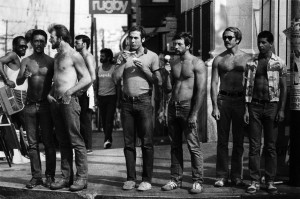
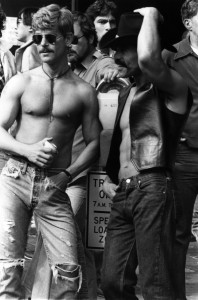
The area that was then known as Eureka Valley churned with excitement as each of us swam in a malty milieu of men that was grander than our wildest dreams. I was raised in Wisconsin as a Unitarian, so I arrived in Baghdad by the Bay with no Catholic shame or Jewish guilt, but I’d fought my gay urges hard in college and struggled to live like my straight friends in graduate school and in the Peace Corps. It took an understanding wife, a terrific son, and a Volvo station wagon to give me the means to the take the leap and come out. In an instant, 27 years of conditioning melted away, and I was in a new place. I walked through a neighborhood of smiles; strangers were eager to meet each other, and so we taught ourselves and each other the art of cruising.
None of us knew how to be gay, and we quickly discovered that sex was the most expedient and joyful way to find out. A naked man has few secrets, and the men I went home with taught me about their different cultures and their attitudes about everything from religion to sexuality. Being with the men I slept with in bars, parks, and beaches taught me how to sustain an intelligent conversation and make tender love. They taught me how to cook a healthy meal, and they introduced me to national cuisines that I’d never heard of. Their apartments ranged from one straight out of Architectural Digest to one with caged lizards as part of the decor. With a family of beautiful men, I passed through the looking glass and was living the impossible dream. To put it another way, if my father and older brother breathed football and snow, I was breathing cannoli, fog, and lust.
Chuck Forester is a writer who lives—where else?—in San Francisco.


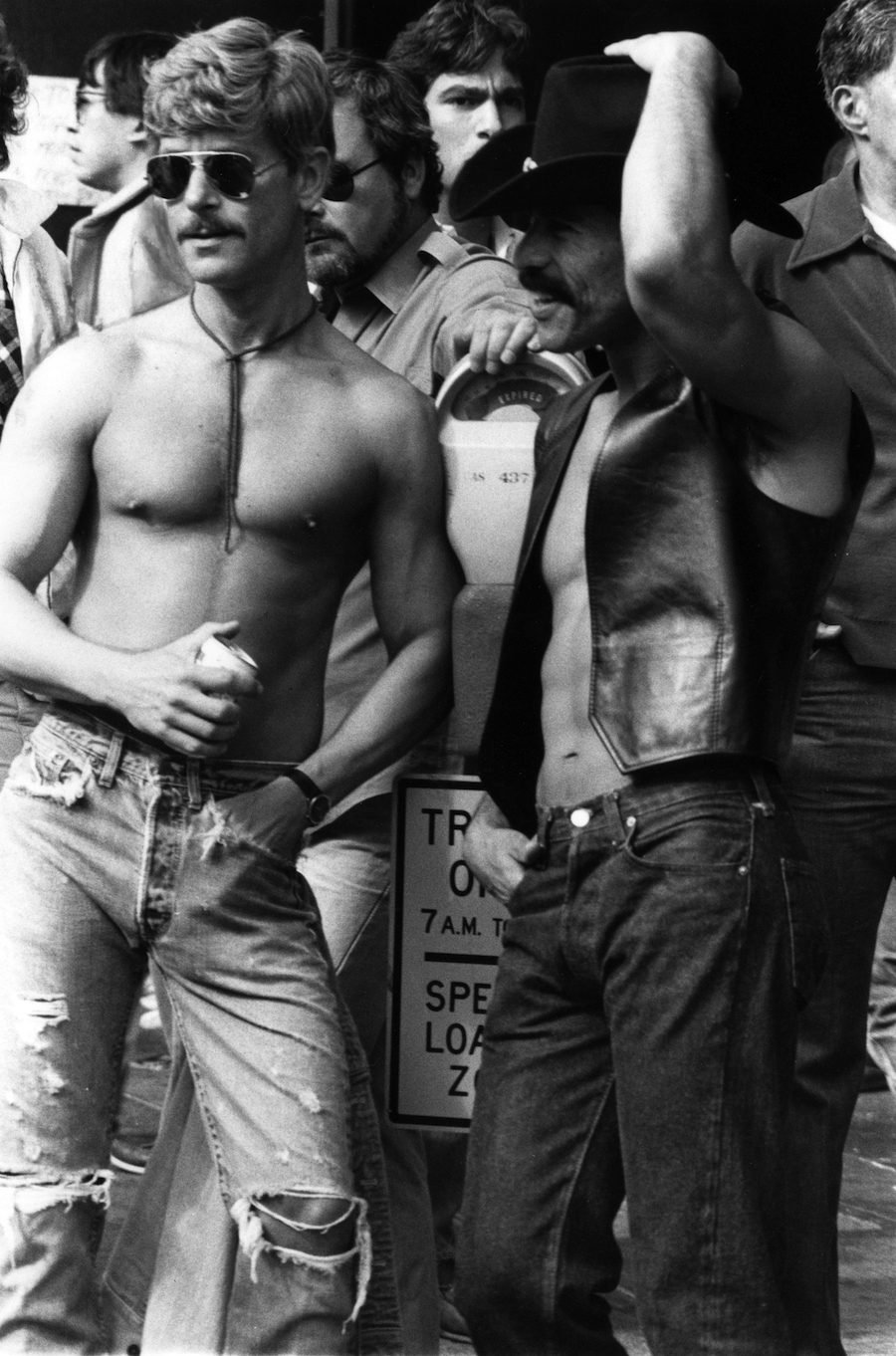

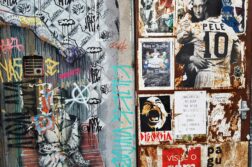
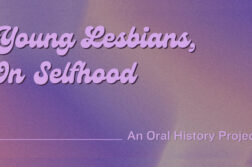
Discussion1 Comment
Those photos captioned as “ca. 1971” look to be later in the decade, about 1976-78 – I don’t think the Castro was THAT full of cruisy men in ’71…?